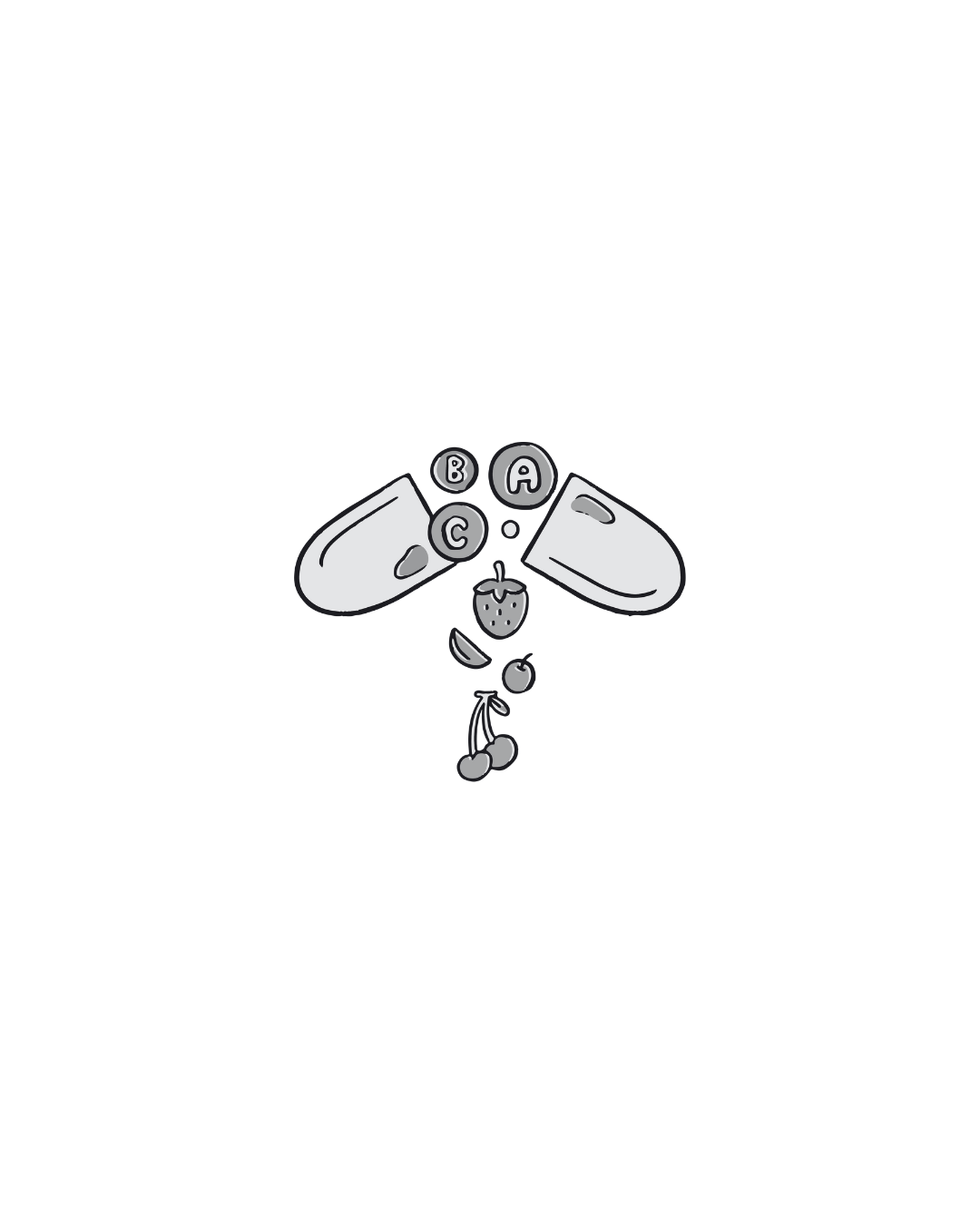Description
An Advanced Diploma in Nutrition and Health Management is designed to equip students with the knowledge and skills necessary to understand the relationship between nutrition, health, and well-being. This program focuses on various aspects of nutrition science, dietary management, and health promotion, preparing graduates for roles in healthcare, wellness, and community health settings.
Course Details:
Duration: Typically 1 to 2 years, depending on the institution and the program structure.
Eligibility: Candidates usually need to have completed higher secondary education (12th grade) or possess relevant prior qualifications in health sciences, biology, or nutrition.
Mode of Study: Offered in full-time or part-time formats, combining theoretical coursework with practical training and internships.
Curriculum:
The curriculum for an Advanced Diploma in Nutrition and Health Management generally includes the following key areas:
1. Introduction to Nutrition
Basic Nutrition Concepts:
Understanding the macronutrients (carbohydrates, proteins, fats) and micronutrients (vitamins, minerals) essential for health.
Nutritional Science:
Exploring the biochemical principles of nutrition and how nutrients affect bodily functions.
2. Human Anatomy and Physiology
Body Systems:
Overview of human anatomy and physiology, focusing on systems related to nutrition (digestive, metabolic, and endocrine).
Impact of Nutrition on Health:
Understanding how nutrition influences overall health, disease prevention, and management.
3. Dietary Guidelines and Assessment
Dietary Guidelines:
Understanding national and international dietary guidelines and recommendations for different populations.
Nutritional Assessment:
Techniques for assessing an individual’s nutritional status, including dietary recalls, food diaries, and anthropometric measurements.
4. Nutrition Across the Life Cycle
Life Cycle Nutrition:
Nutritional needs during various life stages, including pregnancy, lactation, childhood, adolescence, adulthood, and elderly care.
Special Conditions:
Addressing nutritional considerations for special populations, such as individuals with chronic illnesses or disabilities.
5. Food Science and Technology
Food Composition and Quality:
Understanding food composition, food labeling, and food safety principles.
Food Processing Techniques:
Exploring various food processing methods and their impact on nutritional quality and safety.
6. Public Health Nutrition
Community Health Needs:
Assessing community health needs and promoting nutrition-related public health initiatives.
Nutrition Education and Counseling:
Techniques for providing nutrition education and counseling to individuals and groups.
7. Clinical Nutrition
Medical Nutrition Therapy:
Understanding the role of nutrition in managing specific health conditions (e.g., diabetes, hypertension, obesity).
Collaboration with Healthcare Professionals:
Working alongside dietitians and healthcare providers in a clinical setting to develop nutritional care plans.
8. Health Promotion and Disease Prevention
Health Promotion Strategies:
Designing and implementing health promotion programs focused on nutrition and lifestyle changes.
Behavior Change Theories:
Understanding theories of behavior change to effectively encourage healthy eating practices.
9. Research Methodology in Nutrition
Research Skills:
Introduction to research methodologies relevant to nutrition and health management.
Evidence-Based Practice:
Utilizing research findings to inform practice and decision-making in nutrition.
10. Capstone Project or Internship
Practical Application:
A capstone project or internship that allows students to apply their knowledge and skills in real-world settings, working with clients or communities on nutrition management.
Assessment:
Assessment methods in this program may include:
Project Work:
Research projects or presentations on nutrition topics, dietary interventions, or community health initiatives.
Written Assignments:
Reports and essays on nutrition science, public healthnutrition, and dietary practices.
Examinations:
Testing knowledge of nutrition principles, dietary assessment techniques, and health management strategies.
Career Opportunities:
Graduates of the Advanced Diploma in Nutrition and Health Management can pursue various career paths, including:
Nutritionist: Providing dietary advice and nutrition education to individuals and groups.
Health Coach: Working with clients to promote healthy lifestyle changes and support overall wellness.
Public Health Nutritionist: Implementing community nutrition programs and initiatives aimed at improving population health.
Clinical Nutrition Assistant: Supporting registered dietitians in clinical settings, assisting in patient assessments and care plans.
Wellness Consultant: Advising organizations or individuals on nutrition and wellness strategies in corporate or private settings.
This advanced diploma program is ideal for individuals passionate about nutrition and health, providing them with the skills and knowledge to make a positive impact on individuals’ and communities’ health and well-being. If you have any further questions or need more information, feel free to ask!









